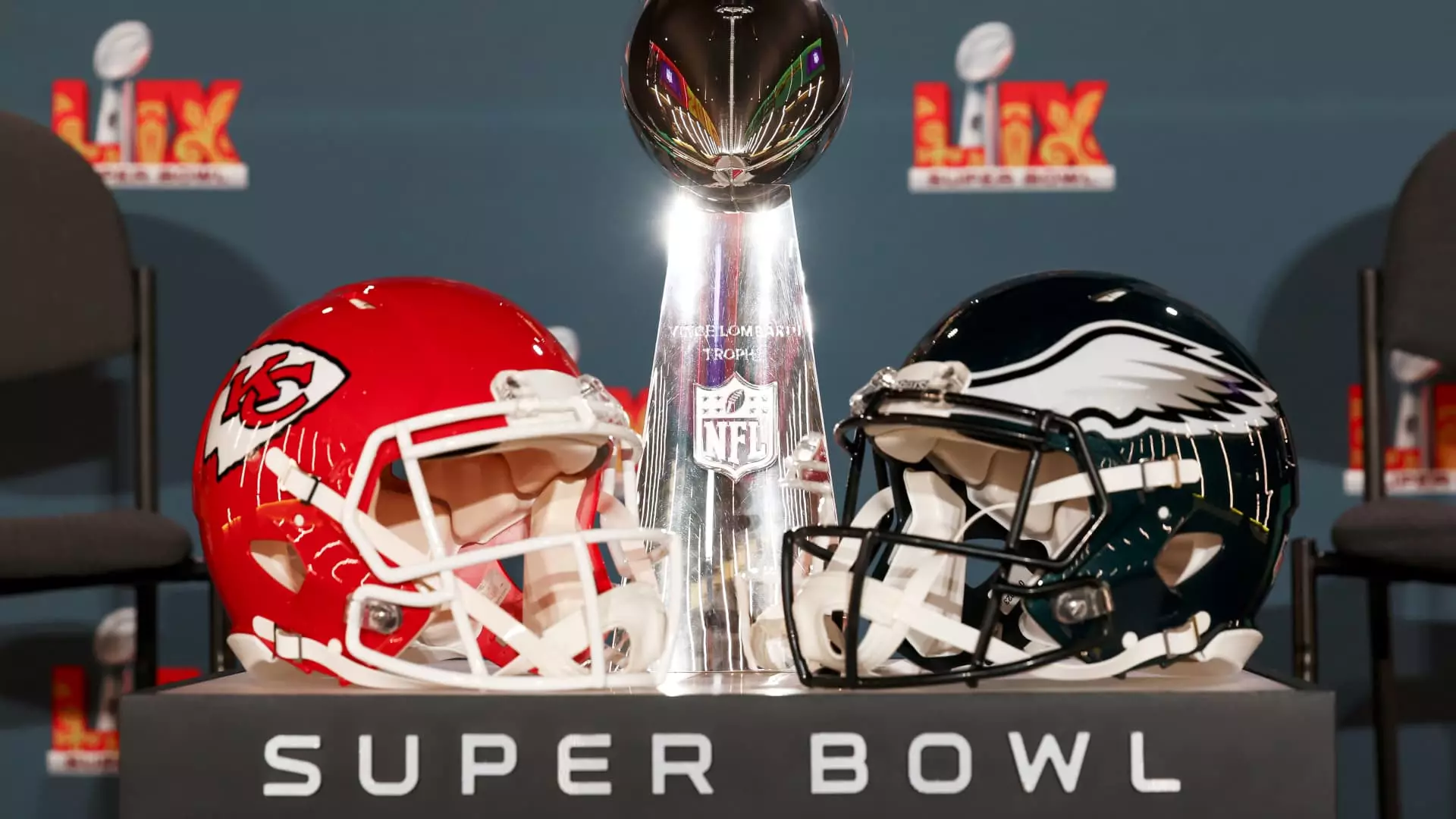The recent revelations of NFL players and staff profiting from Super Bowl tickets spotlight a troubling gap between league policies and actual conduct. While the NFL publicly condemns unfair resale practices, the ongoing violations undermine its credibility and fan trust. This scandal isn’t just about a few wrongdoers—it’s a reflection of a broader culture that allows, or at the very least, tacitly condones, marginalized behaviors. For a league that positions itself as the pinnacle of American sportsmanship, such lapses damage its moral authority and question whether the rules are merely for show. The league’s efforts to increase penalties seem lopsided when, for years, enforcement has been inconsistent. The core issue is whether the league’s governance is strong enough to deter misconduct or whether it merely plays the part of a regulatory body with limited resolve.
Double Standards and Enforcement Gaps
The NFL’s confrontational stance towards resale violations hints at the existence of a double standard. While players and employees are fined and barred from future ticket purchases, the profit-driven resale market as a whole remains largely unregulated. Large-scale “bundlers” and resellers often operate in clay-footed shadows, often outside the league’s reach or control. Therefore, the league’s punitive measures seem superficial, addressing only the symptoms rather than the root causes. The fact that players were selling tickets for more than their face value isn’t shocking—what is troubling is how easily such breaches can go unnoticed until exposed by internal investigations. The NFL’s tools for enforcement are inadequate; the league must implement more rigorous oversight mechanisms rather than relying solely on internal compliance measures that seem reactive rather than proactive.
Fan Trust and the Future of NFL Operations
Fans pay top dollar for the privilege of witnessing the spectacle firsthand, and many see this resale controversy as betrayal. When players and staff profit from the very events they are supposed to uphold, it breeds cynicism and diminishes the integrity of the sport. Moreover, such scandals influence the league’s broader reputation—in an era where transparency and accountability are paramount—by suggesting that the NFL prioritizes profits over fair play and honesty. Moving forward, league officials must ask themselves if their current strategies are enough to uphold the sport’s credibility. Strengthening compliance training is a start, but it’s not enough; the NFL must reevaluate its ethical stance on resale practices altogether and set a precedent that profit from league-related assets is unacceptable for those in its inner circle.
The Irony of Profit and Policies in a Profitable League
The NFL is arguably the most lucrative sports league globally, yet it appears to struggle with internal discipline. This contradiction reveals an underlying flaw: a league driven by profits, but with rules that are inconsistently enforced or simply ignored. The fact that even high-profile figures like players and staff feel entitled to sell tickets for personal gain demonstrates a disconnect between league policies and the social contract with fans. If the NFL truly values integrity, it must shift away from a reactive stance and embrace a culture where ethics guide operations. Otherwise, the sport risks normalizing a culture of self-interest that could eventually erode its social capital and authentic appeal. In the end, if the league seeks to preserve its dominance and fan loyalty, it must confront and correct these internal ethical breaches decisively.

